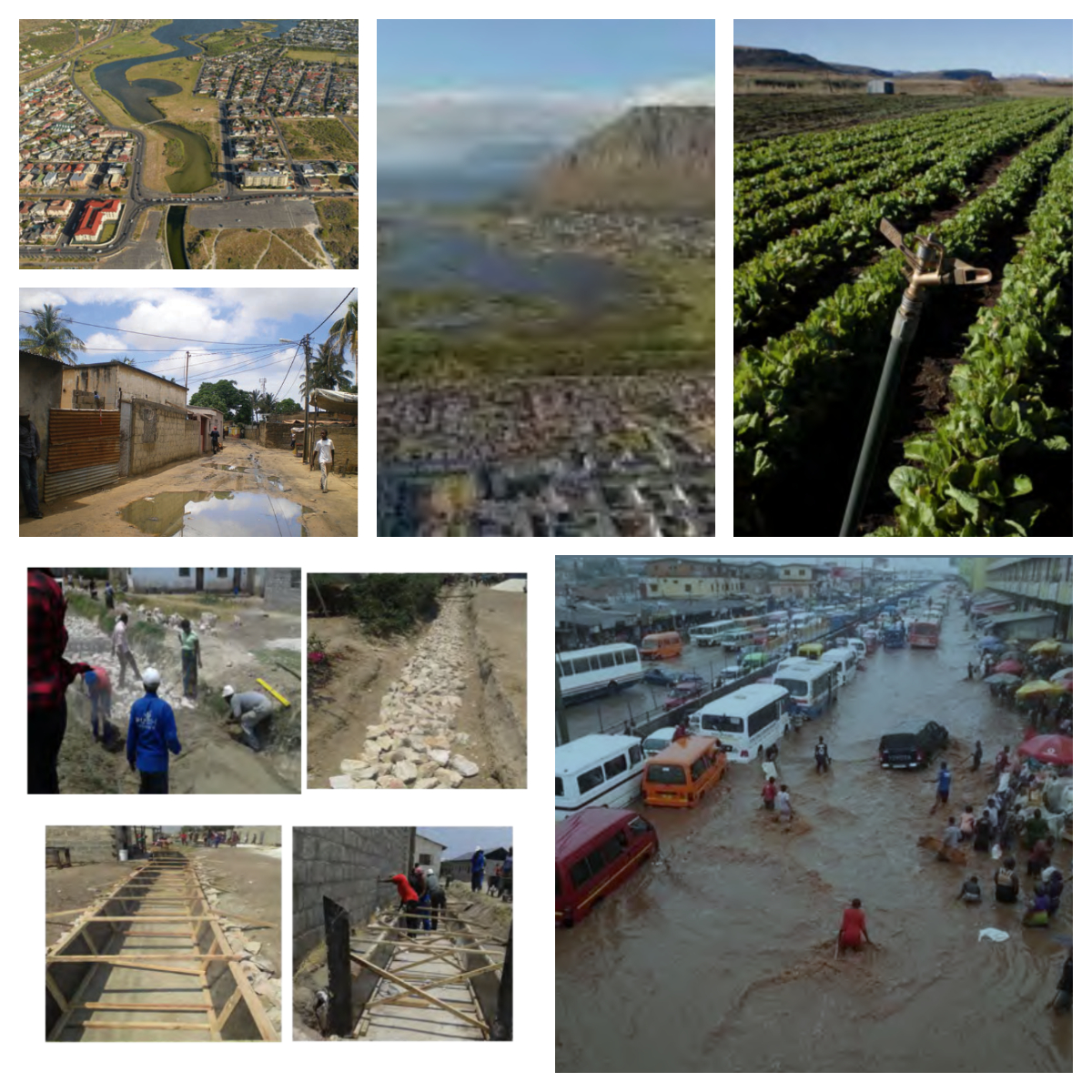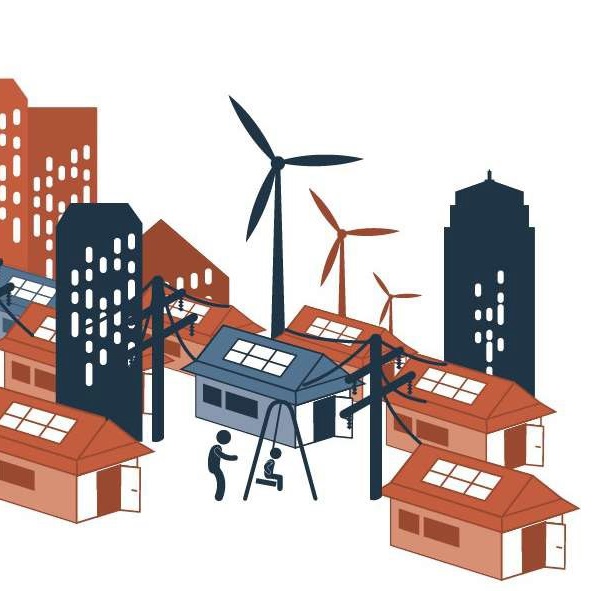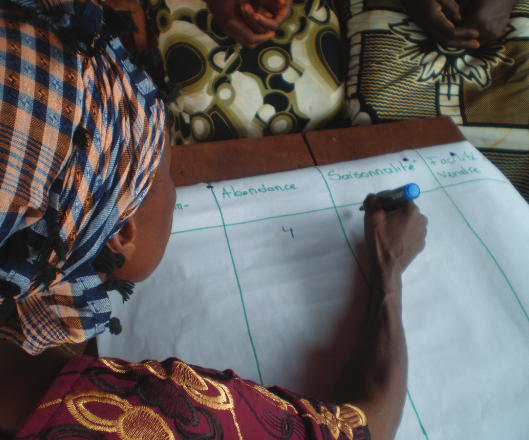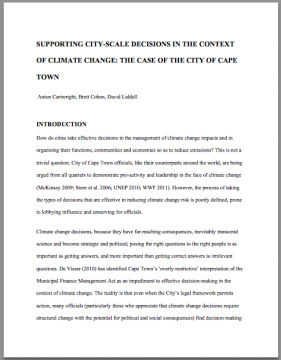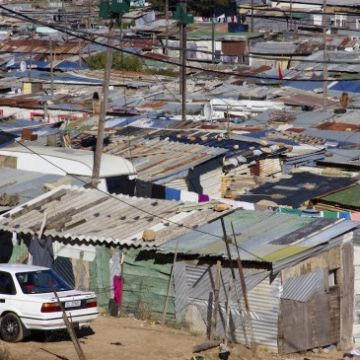Cape Town
Integrating Climate Adaptation: A Toolkit for Urban Planners and Adaptation Practitioners
Explore a toolkit for urban planners and adaptation specialists, providing guidance on integrating climate adaptation into urban planning.
Step-by-step guide: Using climate information to support adaptation planning and policy-making
Guidance on how to quickly and easily access climate data for many locations across Africa, using an interactive map.
FRACTAL Learning – Adaptation Inspiration Cases in Africa Summary
This is a summary article signposting the FRACTAL Learning modules 1-6 on inspirational adaptation cases in Africa.
Towards developing a common language for climate change in the City of Cape Town
This research aimed to better understand and circumvent language discrepancies at a city scale. It provides a toolkit to better understand and overcome terminology barriers.
City government-research partnerships: Reflections from Cape Town and Johannesburg
This briefing note provides reflections on city government-research partnerships, from Cape Town and Johannesburg.
Challenging predominant views on climate change with Theatre of the Oppressed
Theatre of the Oppressed is a powerful tool for challenging top-down approaches. This short film and article show how this approach can be used to build resilience.
Three ways for cities to adapt to climate change
Drawing on experiences in drought-stricken Cape Town and research into adaptation, decision-making and governance, this blog offers three lessons for cities seeking to adapt to climate change.
The SEI Initiative on Climate Services
This initiative is developing and testing a new framework - Tandem - for the improved co-design, use and interpretation of climate services.
Supporting city-scale decisions in the context of climate change: The case of the City of Cape Town
This chapter presents some of the frameworks and tools that are available for decision-making in the context of climate change, and highlights how climate change questions should be structured so as to ensure reasonable outcomes and avoid common errors
Strengthening climate resilience in African cities – A framework for working with informality
There may be a variety of adaptation options that could be appropriate for addressing the adaptation challenge. The resources below provide examples of and guidance, tools and methods for identifying possible adaptation options, which can then be assessed and appraised through the use of decision-support tools.


